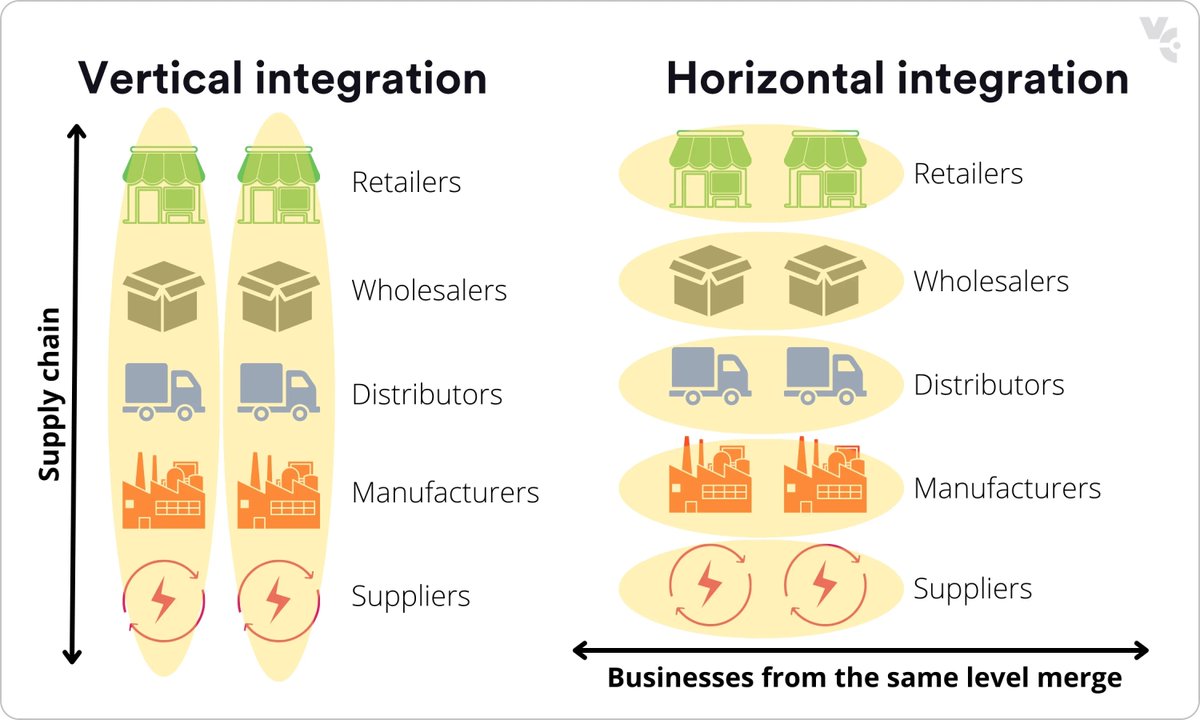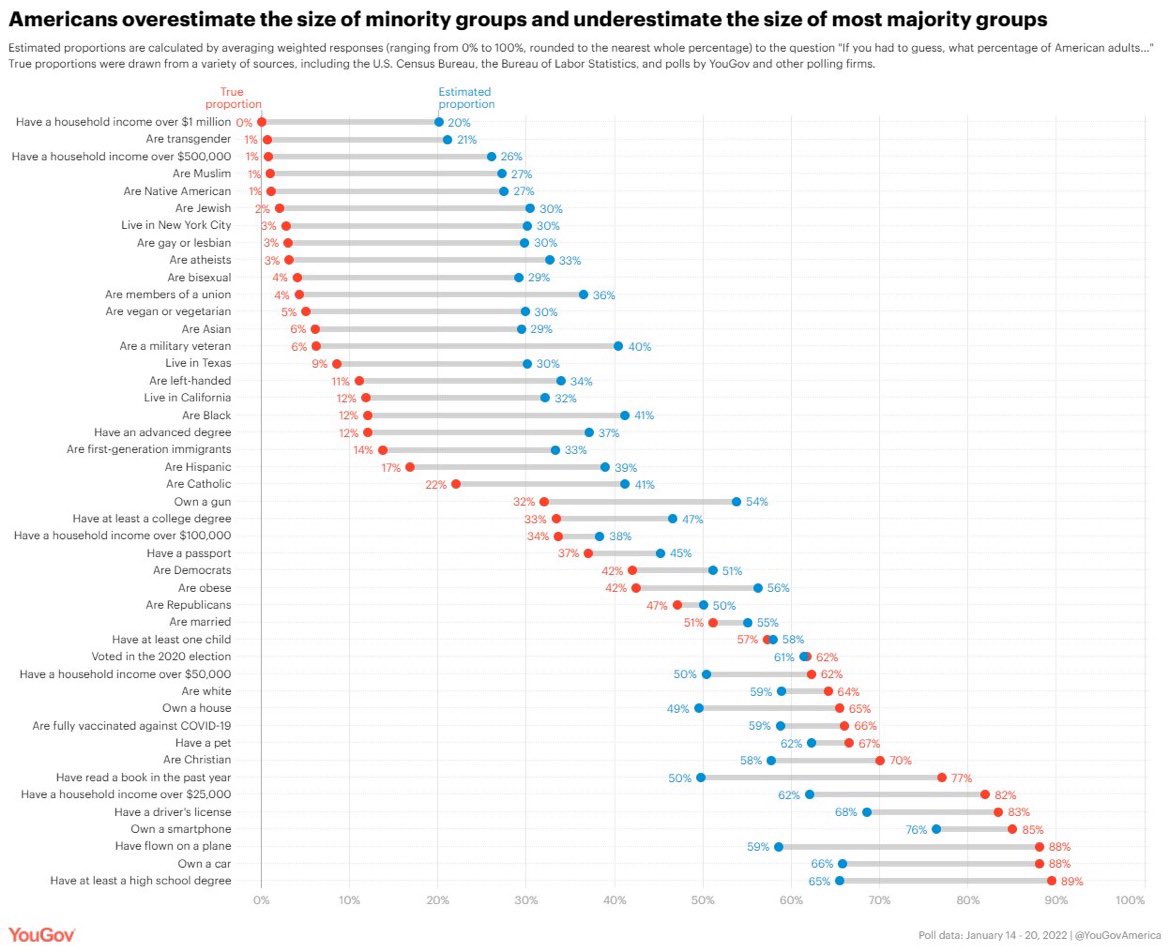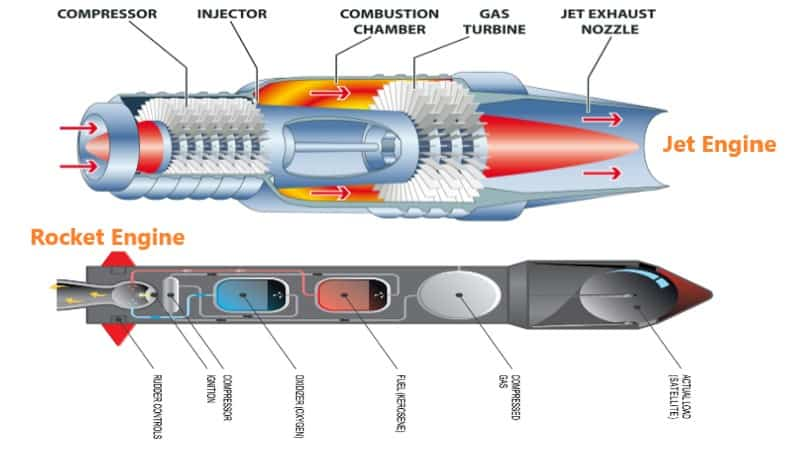It would be mistaken to say companies like Pratt and Whitney have not innovated on jet engine design in the last 70+ years of making them.
For example, 13 years ago they added this single gear between the compressor stage and turbofan at a program cost of only $10 billion. 🧵
For example, 13 years ago they added this single gear between the compressor stage and turbofan at a program cost of only $10 billion. 🧵

This lets the fan operate at a different speed than the compressor stage, though the ratio is still fixed. Still, having this small amount of adaptability improved fuel efficiency by 16%.
Today, their best-selling engine is the JT8D.
It first ran in 1960.
Today, their best-selling engine is the JT8D.
It first ran in 1960.

Commercial PW designs are built for reliability and cost management in large, disaggregated aircraft procurement supply chains.
Jet engine and aircraft companies have preferred to 'cost-optimize' in small areas of a large process rather than innovate on the whole process
Jet engine and aircraft companies have preferred to 'cost-optimize' in small areas of a large process rather than innovate on the whole process

This is a common pattern in both the space launch as well as the automotive industry.
In the past, companies became horizontally integrated to drive cost-efficiencies. But, this made it harder to create altogether new things.
The scope of optimization narrows
In the past, companies became horizontally integrated to drive cost-efficiencies. But, this made it harder to create altogether new things.
The scope of optimization narrows

This made sense when you're seeking cheaper labor from different countries and US workers are expensive
But, you miss the high-level overview of the entire process, and miss what steps can be condensed or skipped altogether.
Automation makes vertical integration the better way
But, you miss the high-level overview of the entire process, and miss what steps can be condensed or skipped altogether.
Automation makes vertical integration the better way

Thanks to automation, optimizing across the entire production stack lets you drive far past the cost savings you used to get by outsourcing labor.
Meanwhile legacy makers in both aerospace and automotive act more like 'parts integrators'
Meanwhile legacy makers in both aerospace and automotive act more like 'parts integrators'

What makes it harder for legacy companies to re-vertically integrate is they've now spread operations over a large number of different voting districts for political capture.
Their cost-inefficient structure is now propped up by tax breaks they can't afford to lose
Their cost-inefficient structure is now propped up by tax breaks they can't afford to lose

The irony is the strategy of outsourcing didn't work at all for the Aerospace industry.
Boeing outsourced 70% of design, engineering, fab, and testing of the 787 Dreamliner
Projected cost: $5 bn
Actual cost: $22 bn
Boeing outsourced 70% of design, engineering, fab, and testing of the 787 Dreamliner
Projected cost: $5 bn
Actual cost: $22 bn
https://twitter.com/Andercot/status/1771325364050260382
This experienced has cowed both Boeing and Airbus into taking even less risks with engineering development while leaving them trapped in cantankerous supply chain logistics.
Boeing's most popular airframe, the 737, first flew in 1964
Boeing's most popular airframe, the 737, first flew in 1964

This overall pattern of outsourcing for labor cost-management and political district capture, which creates a rigid cost-structure and life-line dependency on government assistance, which stifles high-level innovation and fundamental breakthroughs is common in a few areas 

Defense, aerospace, automotive, pharmaceuticals, energy, construction, are all industries ripe for a disruption as people realize they can beat current cost-floor with vertical integration, and more innovation, and legacy companies can't keep up

I think as a culture we've grown pessimistic because we no longer see the rapid pace of change in our material built environments that led to such optimism in the 1950s and 60s.
Instead we see $10 billion dollar gears in 60 year old planes and are told its a 'breakthrough'
Instead we see $10 billion dollar gears in 60 year old planes and are told its a 'breakthrough'

This gradual creeping-in of 'shittiness' in so many organizations, services, industries, and realms of politics has a common root - the politicization of what should be a competitive process, that stifles new ideas to protect incumbent interests.
I call it "The Blight"
I call it "The Blight"
https://x.com/Andercot/status/1772522155302867335?s=20
As we learn to identify and burn out the Blight wherever we find it, the future material abundance and prosperity of human civilization is far beyond the small doled-out percentage improvements and hidden inflation we've learned to cope with through myopic doomerism 

It's not that PW jets or Boeing planes or Ford cars didn't do a good job in their time. They were industrial and engineering triumphs that built Western prosperity, fought two World Wars, and industrialized the world.
But it's time for a new age of industry and manufacturing
But it's time for a new age of industry and manufacturing

Nowhere is there a better glimpse of this entirely-achievable future than what SpaceX is doing building Starship and creating the entire New Space industry with Falcon 9
It turns out, when you burn out the Blight you shatter even the most seasoned industry veterans expectations
It turns out, when you burn out the Blight you shatter even the most seasoned industry veterans expectations

Going to space is exotic, transcendental, and beyond the life paths of most humanity. Cars are far more domesticated as vehicles we drive, and Tesla is bringing blightless cars to the masses.
But there is still an important one missing: planes
But there is still an important one missing: planes

This is why I think a jet company that builds the successor to Boeing can't use the same business model of Boeing of getting their parts from other people.
They need to design new engines from the ground up, not just add a gear here and there.
They need to design new engines from the ground up, not just add a gear here and there.
https://x.com/k2pilot/status/1763007610993991722?s=20
@AstroMechanica is doing exactly this and the more time I spend with @k2pilot the more I fully believe this vision of future flight.
3x faster than any existing plane for the same fuel cost. SF to Beijing in 4 hours, in a plane that costs less, too.
That is real progress
3x faster than any existing plane for the same fuel cost. SF to Beijing in 4 hours, in a plane that costs less, too.
That is real progress

I'm optimistic that in hindsight we'll look back on past decades as a time when industrial progress temporarily stalled, while software and compute grew to maturity.
But eventually we turned our focus back to the world we live in - of atoms, steel, ships, and importantly, cities
But eventually we turned our focus back to the world we live in - of atoms, steel, ships, and importantly, cities

The Golden Age of Flight, Space, and Atomic Energy are all ahead of us, in fact, if we learn to open our eyes a little bit wider and see past our local horizon.
If we let ourselves escape the past there is no telling where we can end up
Aspera Ad Astra
If we let ourselves escape the past there is no telling where we can end up
Aspera Ad Astra

• • •
Missing some Tweet in this thread? You can try to
force a refresh



















